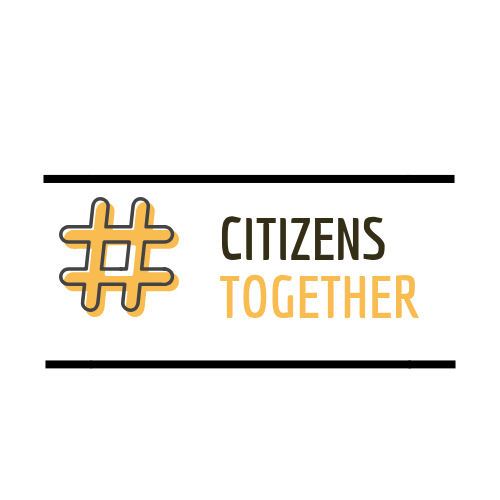“The person with a secular mentality feels himself to be the centre of the universe. Yet he is likely to suffer from a sense of meaninglessness and insignificance because he knows he’s but one human among five billion others”.
– M. Scott Peck, A World Waiting to Be Born: Civility Rediscovered
The quote I mentioned above is exactly showing the dilemma of people who consider themselves as secular. My experiences of being Secular are the same of what the American psychiatrist and philosopher stated in the above lines.
I recall my experiences of last year when all the digital and satellite media platforms were getting crazy over Tableeghi Jamaat. It was hateful propaganda against Muslims and without enquiring much I too became a part of the propaganda it and unnecessarily criticized Tabieeghi Jamat over their “alleged” involvement in spreading coronavirus in India.
When I wrote and criticized Tableeghi Jamaat, I received a handful of appreciation. People praised me for calling out the “mass gathering”.
It was considered a secular step. I was not against any of the religious activities. All I thought and cared about the potential infection that the religious gathering can caused.
Though, this year something changed. People last year who were sharing the same concern as mine suddely wanted me to be quiet. This was strange, the people who stood by my secular values when I criticized the Tableeghi Jamaat gathering now bailed out when I questioned the Haridwar mass gathering. The same people who praised me for calling out Tabileeghi Jamaat are no longer sharing similar concerns when I criticized the Kumbh Mela. Which in real-time was infecting hundreds of people with coronavirus every day while the whole campaign against Tableeghi Jamaat came out as a hoax.
At this moment I started understanding that there are reservations among the majority of the people on social media. It was okay to talk about anything until I don’t criticize a particular community.
My experiences of secularism usually have been welcomed by the majority. Here I am referring to the majority as in people who are brainwashed and against the Tableeghi Jamaat.
But in all this what I couldn’t understand is how the majority of the people perceive the idea of secularism? I strongly believe in the Constitution of India which liberates each of us to carry our civil lives and practice religion.
I sometimes feel suffocated. Where are we going? Shouldn’t we have a mature mind? Don’t we understand things? Where is the right to ask? Right to know? And most importantly for students or young India Right to Question? If a student who is the future of a country is in such a condition, Isn’t this horrible?
Democracy and secularism together make a nation great but unfortunately in our country one of them is always missing. And this makes me restless and sometimes impulsive. We need an atmosphere where we can freely give our views and opinions without any fear of being labelled as Anti-national. A piece of cloth doesn’t make a person secular or communal. But unfortunately, secularism has become more about how you look and what you wear otherwise the word itself is left with no value.
We need to develop an atmosphere where people at least try to understand that secularism is not affected by clothes. If a person wearing Bhagwa is secular and none is going to ask him why all the time A Muslim have to avoid his topi, her hijab or beard to look secular?
Namrah Rizvi, is an English Postgraduate from Lucknow. She graduated in Science but chose to explore Literature. Her poem Unconditional got published in an anthology named 100 Shades of Love and received overwhelming response. She also has contributed a chapter on Status of Indian Politics to the book Indian Politics: Status Quo And Future Ahead. Her recent work Status of Education published in an International Journal of Education and Psychological Research.



